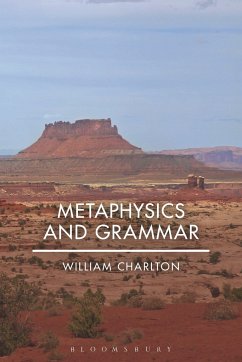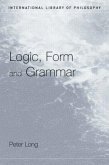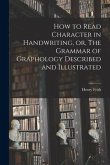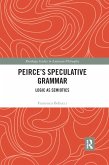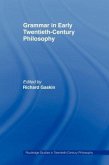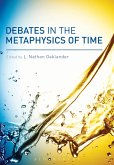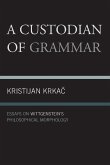Metaphysics deals with truth, existence and goodness; it also considers change, time and causation, which characterise the physical world, and thought and language. We are familiar with all these things, but when we try to say what they are we become tongue-tied. William Charlton draws a line between lexicography, which lists words, and grammar, which specifies constructions for various forms of speech. Both words and constructions have meaning, but in different ways, and he argues that the topics of metaphysics are expressed primarily by constructions. He surveys the history of philosophy from classical Greece to the present day, he shows how metaphysics and grammar grew up in tandem, and he connects the difficulties philosophers have encountered, especially since the Enlightenment, with a failure to grasp the significance for metaphysics of grammar as distinct from lexicography. Metaphysics and Grammar presents metaphysics as an art, not a science. It takes the traditional topics in turn; it brings out the relation between each of them and a form of speech; and it argues that these forms of speech provide us with our only reliable access to our nature as conscious beings acting in a physical world.
Bitte wählen Sie Ihr Anliegen aus.
Rechnungen
Retourenschein anfordern
Bestellstatus
Storno

